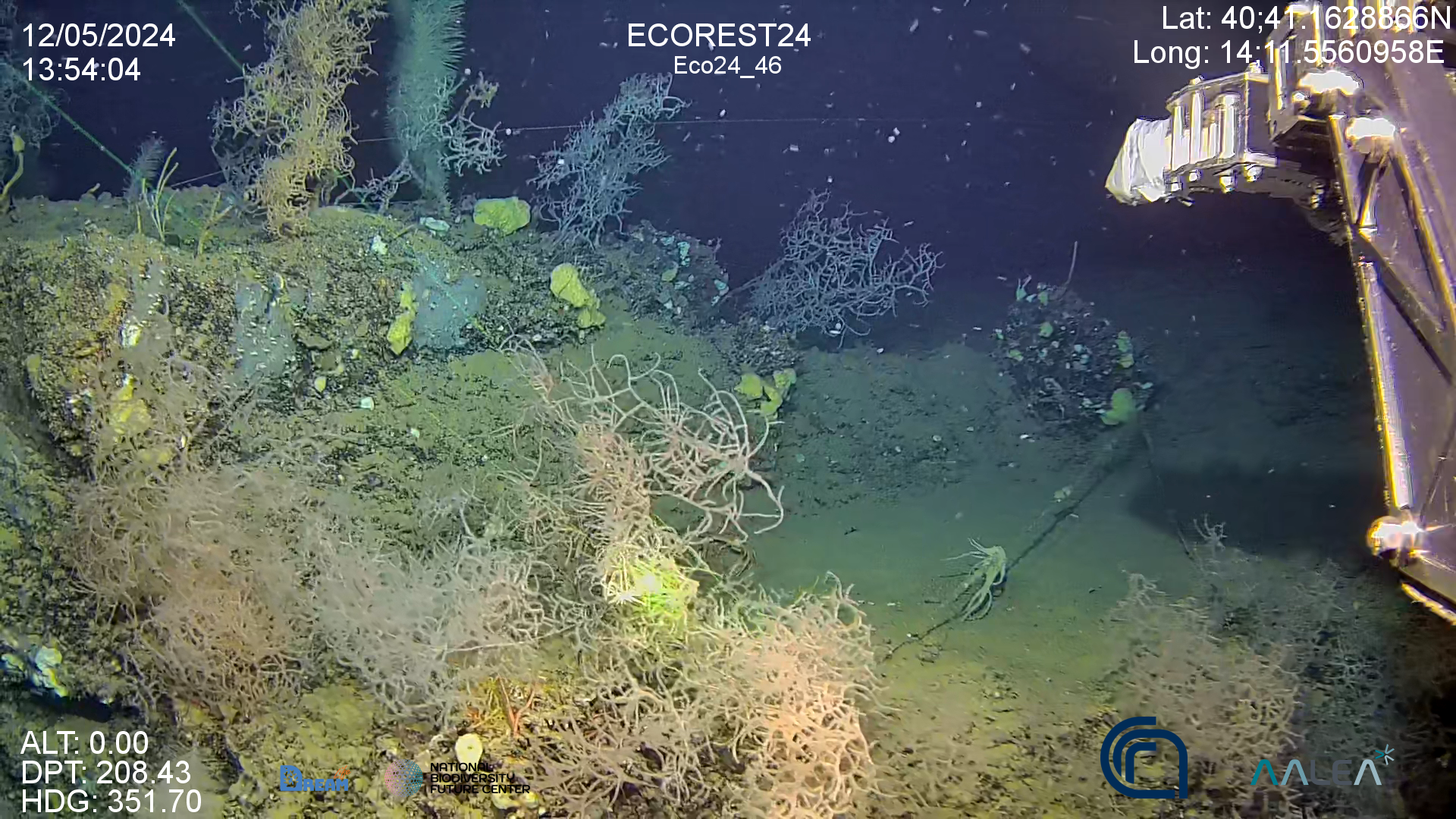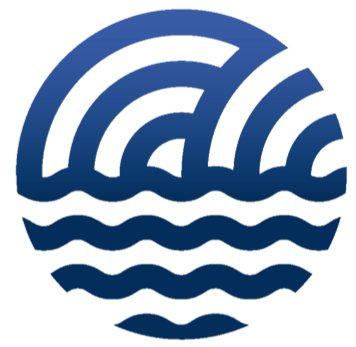2024
Type of resources
Available actions
Topics
INSPIRE themes
Provided by
Years
Formats
Representation types
Update frequencies
status
-
The REDRESS Geoportal has been implemented in the framework of the REDRESS Project - WP1 - Task 1. The geoportal is the key sharing point where partners and the public can visualize and access the collected spatial data during the project and a synthesis of the past and current knowledge on deep-sea habitats’ degradation.
-

REDRESS aims to provide a key contribution to the EU commitments towards restoring degraded deep-sea ecosystems. REDRESS will provide solutions to prioritize future restoration actions, extend deep-sea restoration to previously neglected habitat types, and demonstrate the feasibility, potential, and value for success of deep-sea ecosystem restoration. The project will focus on habitats that have great potential to contribute to carbon sequestration and climate mitigation but have been degraded by deep-sea fishing, especially trawling. Specifically, REDRESS will study vulnerable marine ecosystems, including sea pens and bamboo corals on soft sediments, coral gardens, cold-water coral reefs, sponge fields, and cold seeps. REDRESS will map degraded deep-sea habitats and identify habitat refugia to prioritize restoration efforts that will adapt to future scenarios of climate change. To adopt and adapt cutting-edge solutions for both restoration interventions and monitoring. REDRESS will offer nature-based solutions to public authorities and operators to advance ecosystem restoration in the deep sea following the EU’s marine restoration strategy. Finally, REDRESS will provide novel insights into the advantages and limits of active vs passive deep-sea restoration, and related cost-benefit analysis of restoration in different deep-sea habitats supporting policies and decision makers. Specifically, REDRESS will address the following interconnected actions: - fine-scale mapping of degraded marine habitats at EU scale to establish a baseline to develop a roadmap towards the prioritization of areas and activities most in need of urgent restoration interventions; - restoration interventions in deep-sea habitats to reverse biodiversity decline; - capitalize on restoration efforts from prior research experience to assess the restoration effects on biodiversity and ecosystem services; - apply the best (and cost-efficient) technological and nature-based approaches for the mid- and long-term monitoring of restoration success in different deep-sea habitats; - identify monitoring indicator and targets to measure large-scale restoration success in terms of ecosystem service benefits and trade-offs; - provide of the impacts of cost for deep-sea restoration at EU level; - contribute to the implementation of Nature-Based solutions, already developed in previous EU-funded projects; - identify public-private partnerships, cross-sectoral collaborations and forms of participation in marine restoration governance arrangements; - promote upscaling restoration actions, through stakeholder engagement and identifying the potential for innovative blueprints solutions to accelerate investment in marine restoration; - transfer the knowledge to promote new businesses (SME) in marine restoration.
-
Brief narrative summary of the content of the resource(s)
-
Oceanographic campaign on board the CNR R/V Gaia Blu from the 12th to the 22th of May 2024 in the Gulf of Naples The cruise joint the objectives of three projects, all of them intended at exploring, monitoring and restoring deep-sea habitats, the LIFE DREAM (https://www.life-dream.eu/), Spoke 1 and Spoke 2 of the PNRR NBFC (https://www.nbfc.it/en) and the HE REDRESS (https://redress-project.eu/) projects. The habitat targeted by the cruise are the cold-water corals, the deep-water oysters reefs, and the deep black coral forest, with the aim to: - restore the vulnerable marine habitats by removing the marine litter; - restore the vulnerable marine habitats by installing artificial reefs on the seafloor that provide hard substrate suitable for recruiting juvenile individuals; - monitor the vulnerable deep-sea habitats and the impacts of restoration actions by means of permanent deep observation systems; - increase knowledge and awareness on these deep-sea habitats, their ecosystem services and the importance of restoring, conserving and protecting them.
-

Oceanographic campaign on board the CNR R/V Gaia Blu from the 28th March to the 11th of April (LEG1) and then from the 8th May to the 14th May 2024 (LEG2), in the following monitoring sites: Santa Maria di Leuca, Monopoli continental shelf, Bari Canyon, Dauno Seamount, and Dohrn Canyon. The cruise joint the objectives of three projects, all of them intended at exploring, monitoring and restoring deep-sea habitats, the LIFE DREAM (https://www.life-dream.eu/), Spoke 1 and Spoke 2 of the PNRR NBFC (https://www.nbfc.it/en) and the HE REDRESS (https://redress-project.eu/) projects. The habitat targeted by the cruise are the cold-water corals, the deep-water oysters reefs, and the deep black coral forest, with the aim to: - restore the vulnerable marine habitats by removing the marine litter; - restore the vulnerable marine habitats by installing artificial reefs on the seafloor that provide hard substrate suitable for recruiting juvenile individuals; - monitor the vulnerable deep-sea habitats and the impacts of restoration actions by means of permanent deep observation systems; - increase knowledge and awareness on these deep-sea habitats, their ecosystem services and the importance of restoring, conserving and protecting them.
-

High resolution video on back corals forest in the Gulf of Naples (Italy)
 CNR-ISMAR
CNR-ISMAR